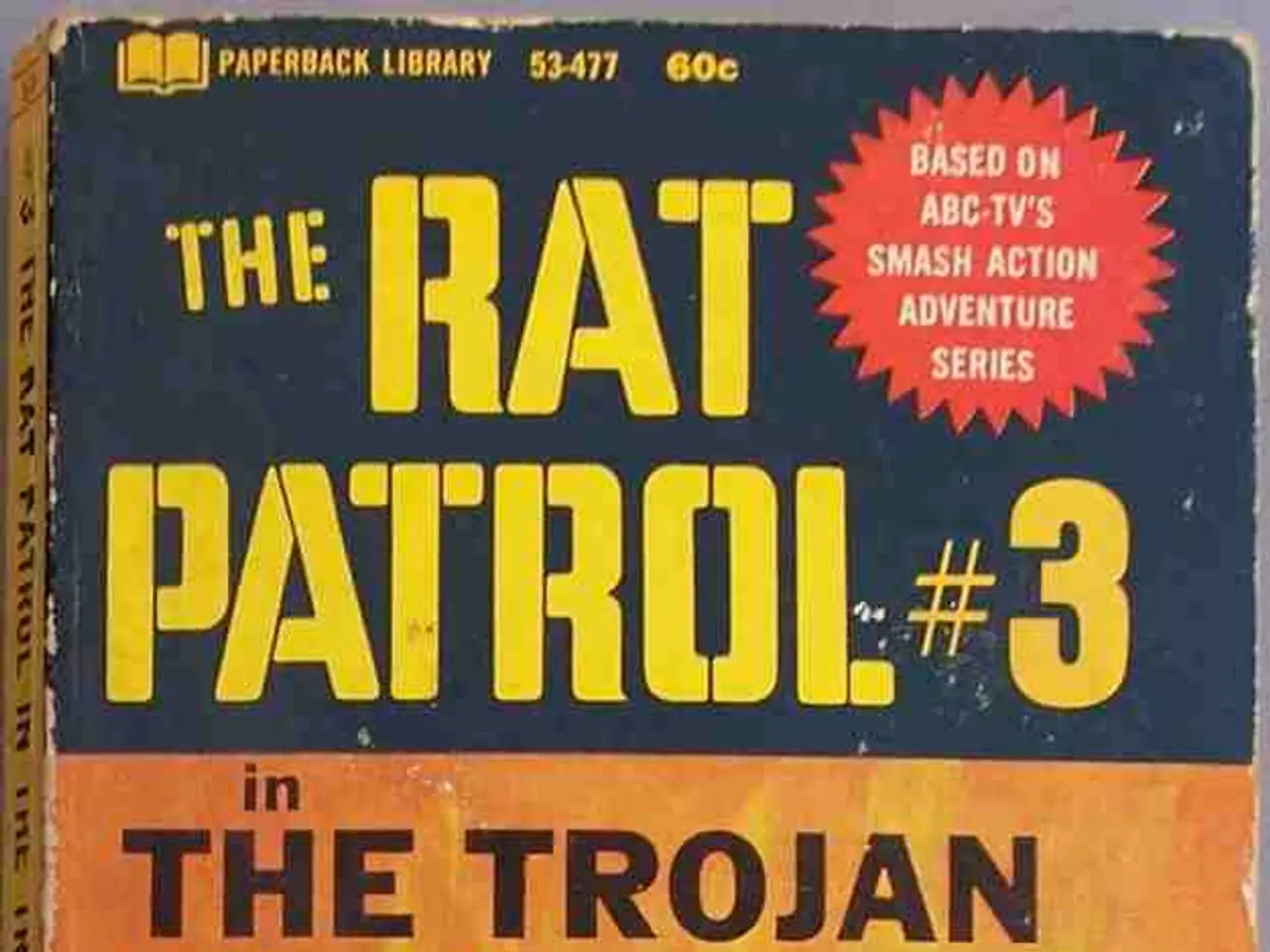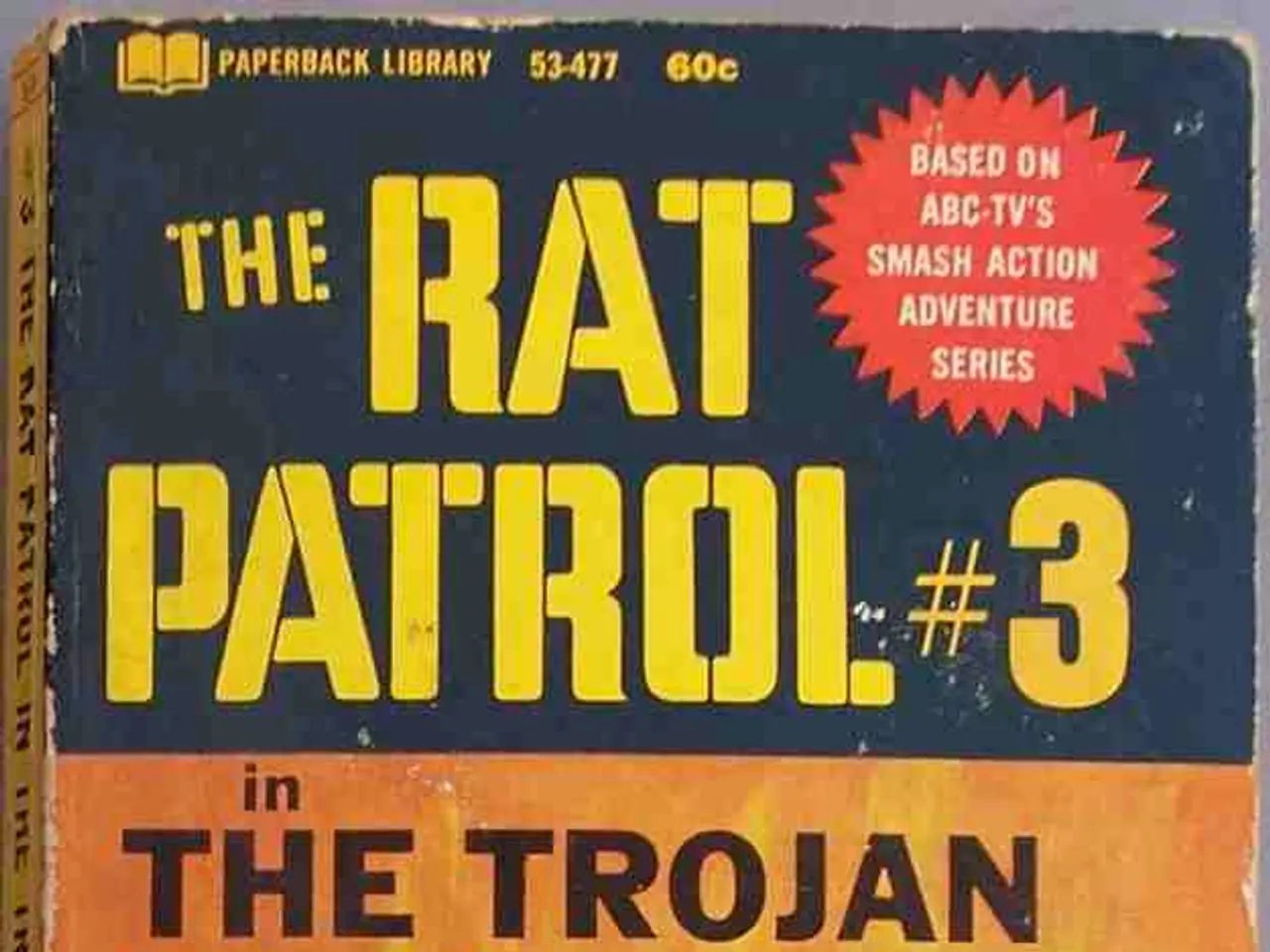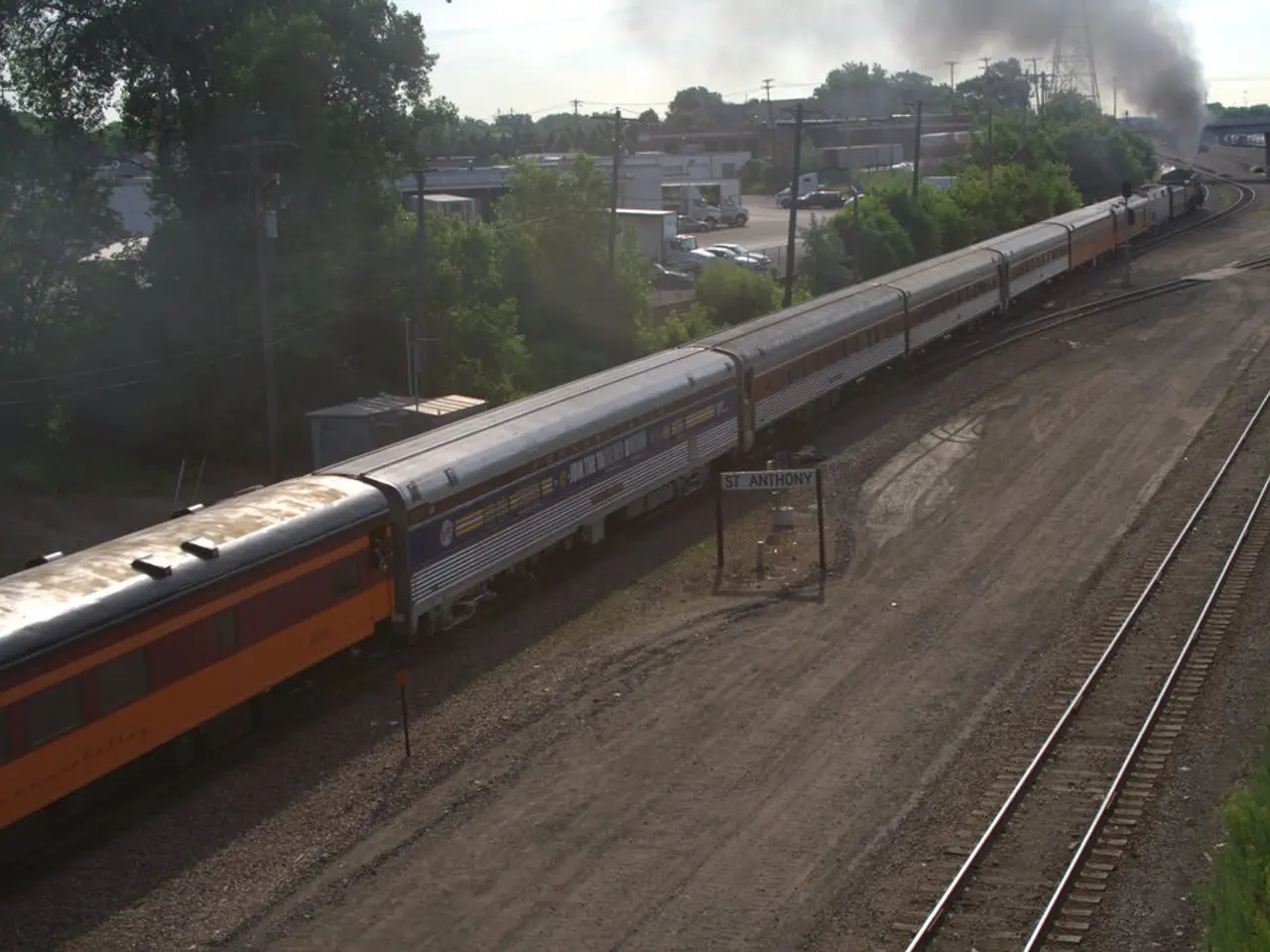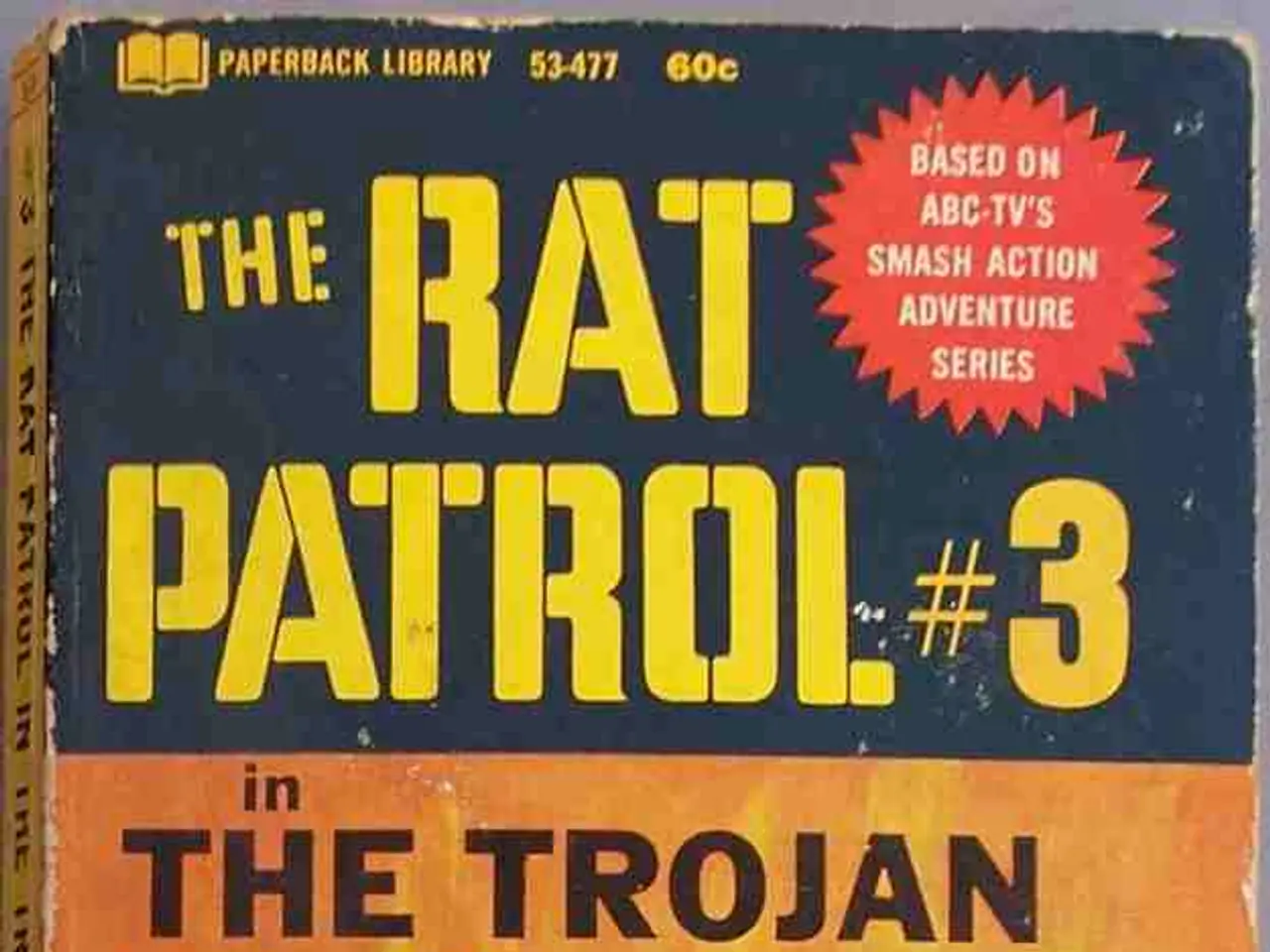Tensions Elevate: NATO Commits to Boost Defense Spending to 5%
NATO sets a 5% target in decision-making
Hague, Netherlands - At the NATO summit in Hague, member states agreed to a significant shake-up in defense financing under increasing pressure from Russia's conflict against Ukraine and fueled by US President Donald Trump's persistence. The allies have pledged to invest at least five percent of their GDP on defense and security by 2035, a level not witnessed since the Cold War - elevating the previous two percent target.
Marked by a sense of urgency, NATO members reached an unprecedented consensus in the summit's final declaration to safeguard the transatlantic bond. As they reaffirmed their commitment to the strongest alliance in history, standing united to protect a billion citizens within NATO's boundaries, the feared disintegration previously speculated after Trump's election win has been averted, at least for now.
Trump Papers over Tensions
Trump, who once questioned whether the US adhered to the NATO treaty fundamentals, now heralded the agreement on his proposed target for defense spending as "massive." Members will now be required to spend at least 3.5% of their GDP to meet "core defense requirements and achieve NATO’s capability targets." Complimentary investments in counter-terrorism and defense-laden infrastructure, including railways, tank-proof bridges, and ports, will also be countable towards the goal.
Germany'sReluctant Budget Boost
German Chancellor Friedrich Merz described the summit as historic, emphasizing that Berlin is not escalating its defense spending to appease Trump, but rather due to the unfolding security situation. "Russia is not just threatening Ukraine; it's threatening the entire peace, the entire political order on our continent,” Merz stated.
NATO Secretary-General Jens Stoltenberg, however, acknowledged that the increase in the alliance target would not have been feasible without Trump's persuasive effort. Although he didn't endorse the U.S. President’s approach—using the threat of withdrawal from NATO under his command if the alliance partners failed to comply—he applauded Trump for achieving a feat none of his predecessors accomplished in decades.
Setbacks for Ukraine Crisis
The cohesion of the alliance reached its limits in the issue of the Ukraine conflict, with almost every European member supportive of Ukraine and eager to intensify pressure on Russia. Trump has been evasive about forging a clear stance, and believes that sanctions are detrimental to his own economy.
Ukrainian President Volodymyr Selenskyj, a guest at the summit, had a supporting role. The summit declaration limited solidarity with Ukraine to the vague statement, "The allies reaffirm their enduring individual commitments to support Ukraine, whose security contributes to our security."
Though Selenskyy can count a minor victory in certifying that NATO countries can count military support for his nation towards their defense spending contributions, his major success—NATO's 2021 promise of a 40 billion euros aid package and an unwavering path to NATO membership—has been dropped from the declaration.
Controversial Politics and Fiscal Challenges
The summit lacked a separate working session on Russia’s aggression against Ukraine, as had been customary in previous years. Despite some members' concerns about the summit's outcome, such as Spain’s Prime Minister Pedro Sánchez and Slovakia’s Prime Minister Robert Fico, expressing their governments' support for the declaration without feeling bound by the new target for defense spending, the summit concluded without any significant incidents.
Essential Background
- 2% Guideline: Since 2014, NATO members have aimed to spend at least 2% of GDP on defense, but only six members had met this target by 2021.
- Russian Aggression: Ongoing aggression from Russia, particularly the war in Ukraine, has heightened security concerns among NATO members.
- New Target: The new headline goal of 5% of GDP on defense by 2035 represents a substantial increase from previous targets.
- NATO
- Donald Trump
- Friedrich Merz
- Jens Stoltenberg
- Volodymyr Selenskyj
- Russia
- The Hague
- Ukraine
- Defense spending
- Burden-sharing
- Soruce: ntv.de, uzh/dpa
The European Union has a responsibility to ensure that the EU's foreign policy is fully integrated with the EU's external policy, considering the ongoing war-and-conflicts, politics, and general-news, such as the recent NATO summit in the Hague. At the summit, member states agreed to boost defense spending to 5% in response to increasing tensions from Russia's aggression against Ukraine, exemplified by Ukraine's President Volodymyr Selenskyj's attendance.
The new defense spending target of 5% of GDP by 2035, as agreed upon at the summit, might face controversies, including fiscal challenges and differing political stances, like those voiced by Spanish Prime Minister Pedro Sánchez and Slovakia's Prime Minister Robert Fico. Nevertheless, the cohesion of the alliance, which has its roots in the 2% Guideline since 2014, might help overcome these challenges in the pursuit of ensuring security and stability within NATO's boundaries, guided by the decisions of leaders such as Donald Trump, Friedrich Merz, and Jens Stoltenberg.







